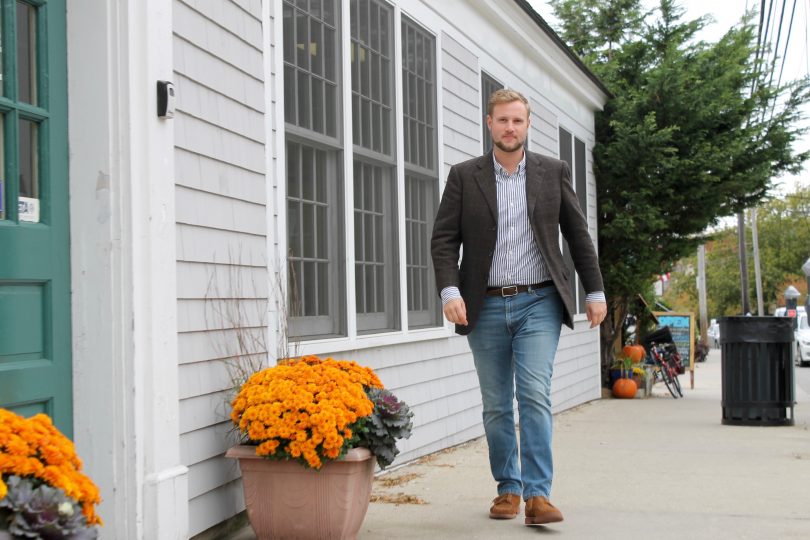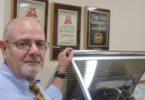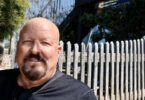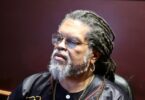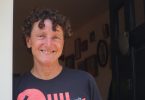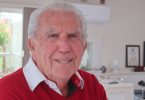“I yearn for us to move forward and have a new generation begin to lead,” said Julian Cyr, Democratic candidate for the Cape & Islands state senate seat. Cyr, 30, of Truro, served as director of policy and regulatory affairs for environmental health at the Massachusetts Department of Public Health. Previously, under Governor Deval Patrick,…
You may also like
Happy Fourth of July – It all feels so… “normal” – an Essay
Harvest Days: Remembering Michael Pearson’s Harvest Gallery Wine Bar
The Grab Brothers Make Hippie Happy Music – A Profile
A Paywall For Our Longform Stories
“No Kings” Protests in Falmouth & Provincetown – VIDEO + ESSAY
RIP Bruce Maclean – “the last old-time freak”
The “Functional Art” of Walter Baron, Boatbuilder – A Profile
Follow The Money, and The Good Vibe; Why Shop Local – An Essay
Making Things Happen; Attorney Bruce Bierhans – A Profile
The “Y” in the road; Another “Most Important Election Of Our Lifetime” – An Essay
Are We Winning? In Our Summer Paradise, Summer Is Warmer & Longer
Dream Job: Rich Rogers’ Blue Collar Path to WMVY – A Profile
Happy? Fourth Of July – An Essay
Looking Back – 10 Stories, 10 Years
My Dream 10-Year Anniversary Concert That Did Not Happen
Cape Cod Wave Magazine is 10 Years Old
Dan McKeon: Ptown’s Available Housing Matchmaker – A Profile
Mwalim: Da Phunkee Professor, Artist, Writer & Groovalotto – A Profile
Martha’s Vineyard, Political Symbol – An Essay
Zoe Lewis: Provincetown’s Jazzy Zen Vaudeville Vagabond – A Profile
ArtsCape: The Quirky Creations of Sue Beardsley
Andy Dufresne: 91 Candles For Falmouth’s Civic-Minded Barber – A Profile
Cape Cod Wave Magazine is 9 Years Old!
WOMR At 40; An Outermost Radio Tale of Audacity & Tenacity
Disturbing Graffiti On Hamlin Avenue, Falmouth – Editorial
Falmouth Town Meeting Returns to ‘Old School’ Vote Counting — This Time
Play Ball! – CCBL Not Affected By MLB Lockout
Day After Blizzard, Falmouth — Slideshow
The Height Of An Epic Storm, Falmouth: VIDEO + Slideshow
Dancing Trees In Falmouth At The Beginning Of A Blizzard: 25-Second VIDEO
About the author
Brian Tarcy
Brian Tarcy is co-founder of Cape Cod Wave. He is a longtime journalist who has written for the Boston Globe, Boston magazine, the Cape Cod Times and several other publications. He is the author of "YOU CAN'T SELL RIGHT FIELD; A Cape Cod Novel." He is also the author or co-author of more than a dozen mostly non-fiction books, including books with celebrity athletes Cam Neely, Tom Glavine and Joe Theisman. His previous book was, "ALMOST: 12 Electric Months Chasing A Silicon Valley Dream" with Hap Klopp,who created the iconic brand, The North Face.
For more information, see Briantarcy.com
Brian is a long-suffering Cleveland Browns fan with a long-running NFL predictions/political satire column connecting weekly world events to the fate of his favorite team, now at Whatsgonnahappen.com.

